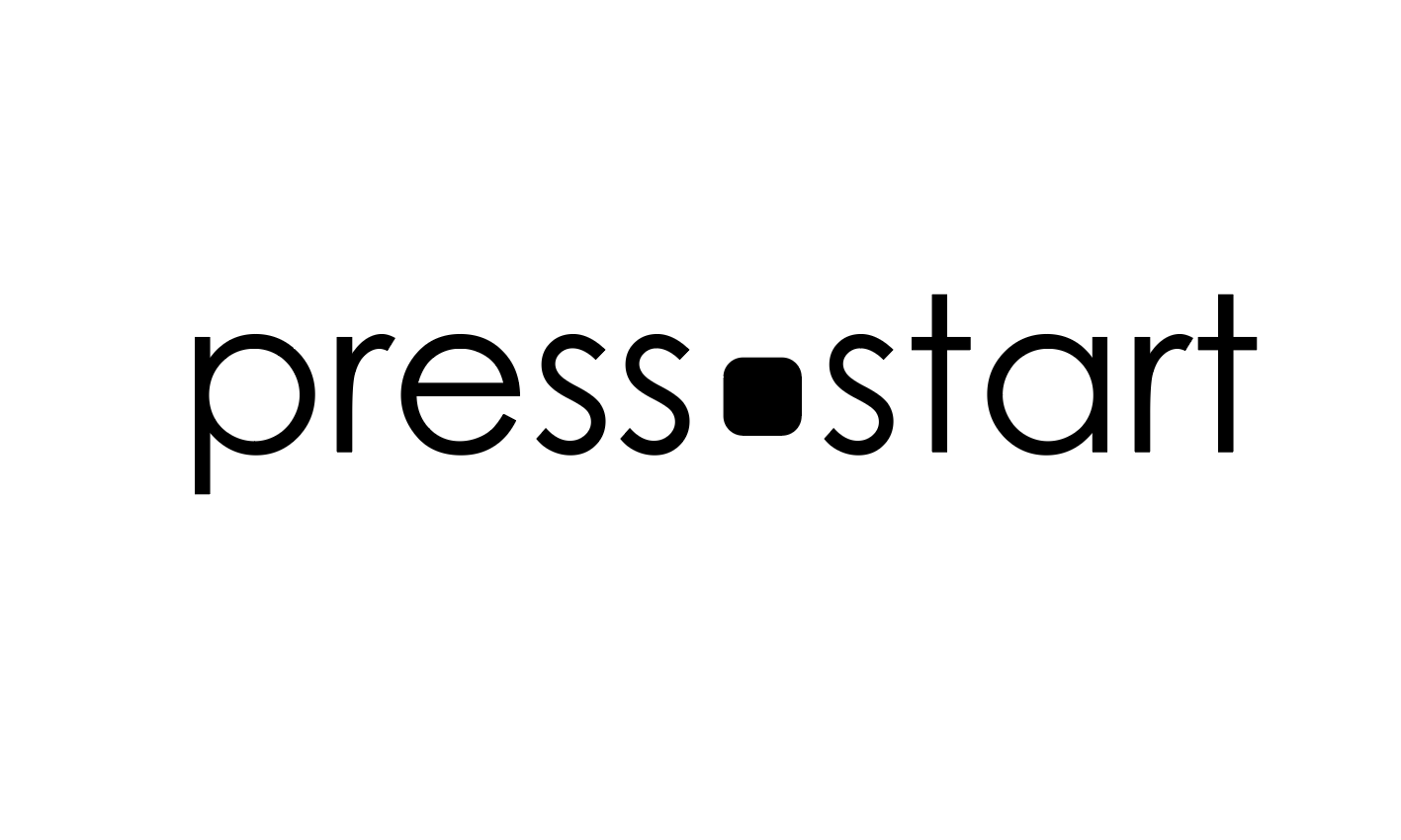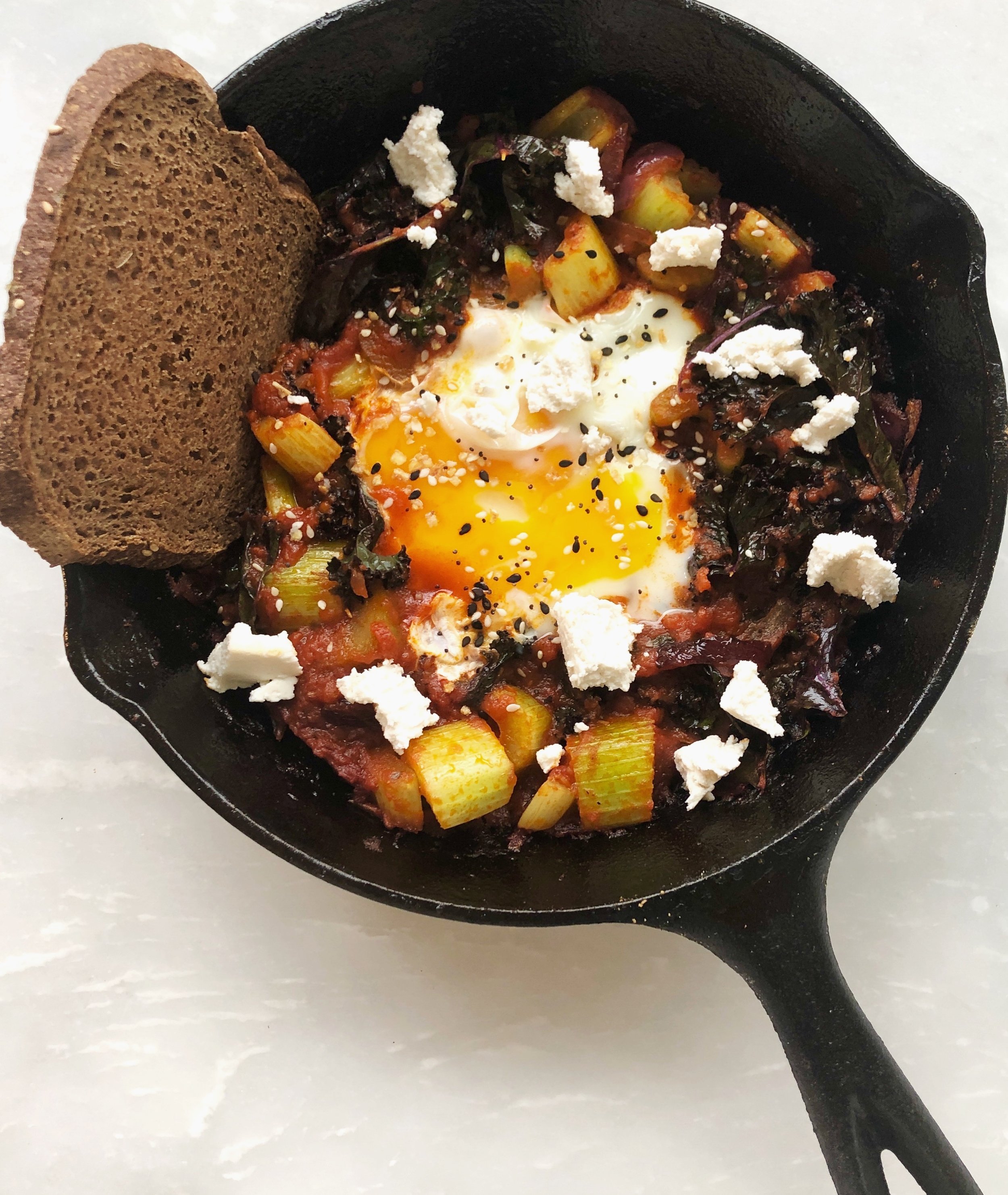Fat gets demonized in our culture. Both on our bodies and fat that we eat. And there is the common misconception that eating fat will make our bodies fat. I am here to tell you that neither dietary fat or body fat should be put in a blanket category as “bad”. I would also like to put out that dietary fat does not make our bodies more fat!
Fat doesn’t make us fat
The real scientific name for dietary fat is lipid (1). The real scientific name for body fat is adipose tissue (2). Lipid does NOT equal adipose tissue. End of story. So we can all get the eating fat makes us fat narrative out of our heads. In fact, eating fat can do just the opposite, if you read on I will tell you why.
The thing, or hormone rather (since hormones control everything), that causes our bodies to store fat is insulin (5). And there is only one macronutrient that does not cause ANY insulin response when eaten - fat (3). So therefore fat is not what is making us fat. Insulin is released in response to glucose (blood sugar) (4). Carbohydrates cause the largest insulin response, and protein causes a small insulin response but as I said, fat causes none. This is not to say you need to avoid carbohydrates and protein altogether, it is merely to show that fats need not be limited and feared especially for people who are aiming for weight loss or want to avoid weight gain. In fact, this clinical study showed that by pairing a potato (mostly carbohydrate) with butter (fat), it actually lowered the postprandial insulin response of subjects (6).
Eating Fat helps our bodies function optimally
Not only is fat not to blame for if there is extra fat tissue (adipose tissue) stored on our bodies, but it actually helps our bodies function optimally:
First of all, half of the vitamins we eat are water soluble (the B and C vitamins) and half are fat soluble (vitamins A, D, E and K) (7). So if we aren’t eating adequate dietary fats, our bodies can be nutrient deficient, even if the rest of our diet is very nutrient dense. Because our bodies won’t be able to properly absorb , store and use these fat soluble vitamins from all the healthy foods we are eating if we don’t eat enough fat too. The beautiful thing about eating fats from nature is that you get the fat soluble vitamins WITH the fat so you don’t need to worry about anything. For example: grass-fed dairy is a great source of vitamin D (but when we remove the fat and make it fat-FREE dairy, we then have to fortify it with extra vitamin D, seems a little counterintuitive, right?). Another example is pasture-raised egg yolks are rich in all of the fat soluble vitamins (A, D , E and K) and they are also full of essential fatty acids to help your body absorb them. So why did we start eating egg whites again? A third and final example (there are many more but I want to move onto other dietary fat benefits) is almonds and almond products (butter/flour etc.) These are rich in vitamin E and guess what, they are fatty to help our bodies absorb the vitamin E! Yay vitamins and yay fats!
Fats are crucial for brain clarity, cognitive function, mood boosting and to prevent neurodegenerative diseases like Alzheimer’s, ADHD, epilepsy and more. Omega 3 DHA fats are a crucial part of a developing baby’s brain (11) but their importance does not stop at childbirth. They are crucial for the rest of life and by giving the brain fuel, reducing inflammation in the body and the brain and enhancing something called “brain derived neurotropic factor” or BDNF (12). BDNF is a protein that promotes the survival of neurons (or nerve cells) to keep our brain healthy (13) (so we want more of it and thus want omega 3 fats). Omega 3 fatty acids (EPA and DHA) have even been shown to help treat depression, this meta-analysis (analysis of 40 relevant studies) shows these beneficial effects (14). However, it’s not just omega 3s that have beneficial brain effects. Coconut oil can help prevent memory loss and has even been shown to improve Alzheimer’s symptoms (15). Egg yolks are rich in choline, a B vitamin, which among other things, improves cognitive function (16). Olive oil improves learning and memory (17) and avocados are rich in vitamin A & K (which help prevent blood clots and therefore strokes) and also can boost memory and cognitive function (18).
Fats are crucial for physical and mental satiation. Just picture eating a piece of plain toast. You would probably be hungry shortly after. Now picture eating an avocado toast, or even better, an avocado toast with an egg (whole egg not egg white). Now you’d DEFINITELY be full for at least a few hours. So what’s the difference? Fat. Fat slows our digestion so other nutrients release more slowly into our bloodstream. This is especially important when paired with carbs, because it prevents a large insulin spike (AKA signaling body to store glucose as adipose tissue) and crash subsequently after (AKA cravings & jitters central, ever been “hangry”?… yeah, fats will help with that.) Fat is actually negatively correlated to post-prandial (which means after eating) insulin response (8). This means that the more fat you eat the less your insulin rises so fat has a stabilizing effect on your blood sugar! Many studies have also shown that dietary fat can increase Peptide YY (PYY, a satiation hormone), increase Cholecystokinin (CKK, another satiation hormone) and decrease ghrelin (a hunger hormone) (9, 10).
What kind of fat should I eat?
Simple answer is all types of fats that have not been chemically altered by man. For instance cold pressed olive oil or avocado oil has not been chemically altered by man. It has merely been squeezed out of a fruit without changing the chemical makeup. Canola oil, however, actually goes through an industrial extraction process using hexanes that changes the chemical makeup of the oil (19, 20). So when you are thinking about what fats to include in your diet, think of if you know how they were made. Avocado - safe, grass-fed butter - safe, egg yolk - safe, coconut milk - safe. However, removing fats from these items can alter the nutritional value of these naturally nutritious foods. Choosing fat-free versions of these foods is essentially the same as choosing fats that have been chemically altered. I will do a separate post on types of fats to avoid but for now, we can drop the fat fear and enjoy our fatty food from nature!
references
1) lipid. (n.d.) Miller-Keane Encyclopedia and Dictionary of Medicine, Nursing, and Allied Health, Seventh Edition. (2003). Retrieved March 14 2019 from https://medical-dictionary.thefreedictionary.com/lipid
2) https://medical-dictionary.thefreedictionary.com/fat
3) https://www.ncbi.nlm.nih.gov/pubmed/?term=American+Journal+of+Clinical+Nutrition%22%3B+An+Insulin+Index+of+Foods%3B+Susanne+Holt+et+al%3B+1997
4) https://medlineplus.gov/ency/imagepages/8812.htm
5) https://www.nih.gov/news-events/news-releases/nih-study-shows-how-insulin-stimulates-fat-cells-take-glucose
6) https://www.ncbi.nlm.nih.gov/pubmed/7882816
7) https://www.ncbi.nlm.nih.gov/books/NBK218749/
8) https://www.ncbi.nlm.nih.gov/pubmed/?term=American+Journal+of+Clinical+Nutrition%22%3B+An+Insulin+Index+of+Foods%3B+Susanne+Holt+et+al%3B+1997
9) https://www.ncbi.nlm.nih.gov/pubmed/23688821
10) https://www.ncbi.nlm.nih.gov/pubmed/30550892
11) https://www.ncbi.nlm.nih.gov/pubmed/29316994
12) https://www.ncbi.nlm.nih.gov/pubmed/30867119
13) https://ghr.nlm.nih.gov/gene/BDNF
14) https://www.ncbi.nlm.nih.gov/pmc/articles/PMC4013121/
15) https://www.ncbi.nlm.nih.gov/pmc/articles/PMC3437664/
16) https://www.health.harvard.edu/press_releases/egg-nutrition
17) https://www.ncbi.nlm.nih.gov/pubmed/21955812
18) https://draxe.com/15-brain-foods-to-boost-focus-and-memory/
19) https://thecoconutmama.com/how-canola-oil-is-made/
20) https://www.hsph.harvard.edu/nutritionsource/2015/04/13/ask-the-expert-concerns-about-canola-oil/



